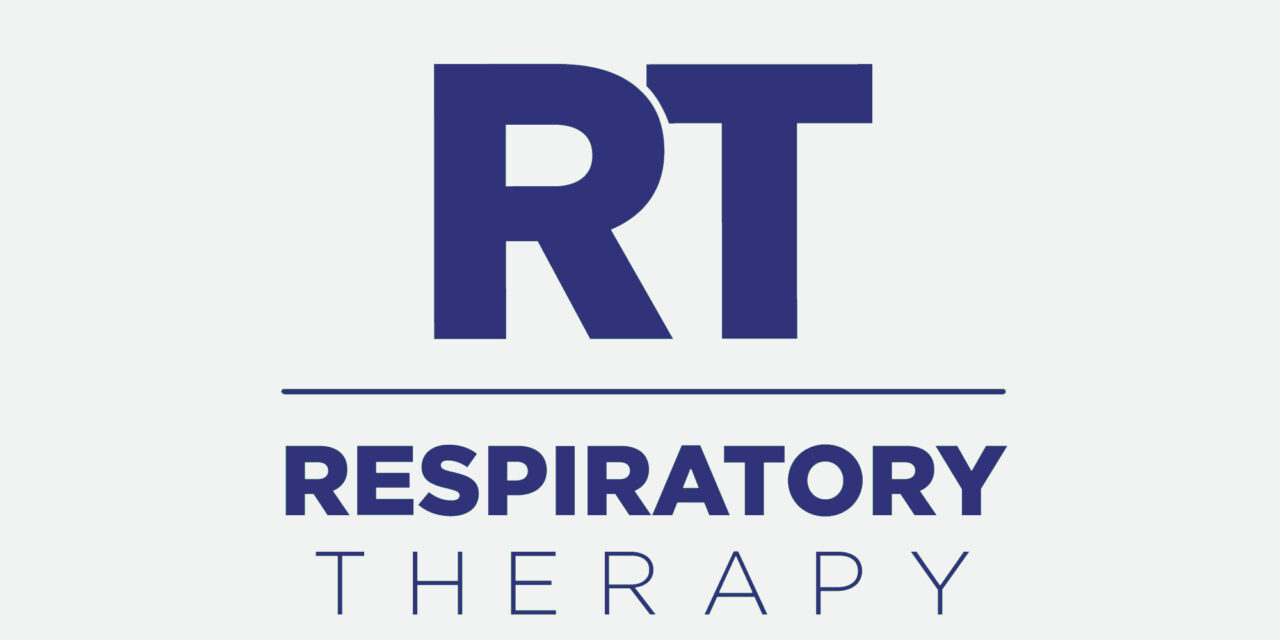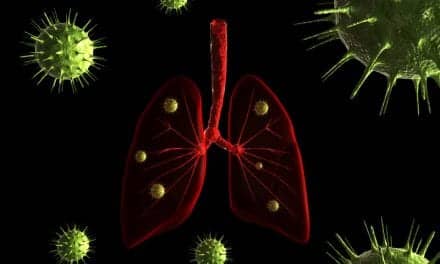Cystic fibrosis (CF) is an inherited disease that affects the tissues that produce mucus secretions. Treatments for CF include antibiotics for lung infection; decongestants and bronchodilators; chest or back clapping, high-frequency chest wall compression, and airway oscillation; and pancreatic enzymes to help with digestion, a diet rich in proteins and calories, and vitamins and other dietary supplements. Approximately 30,000 people in the United States have CF, and until recently their life expectancy was 32 years. Results from the 2004 Cystic Fibrosis Foundation Patient Registry Annual Data Report, however, show that the median age of survival for people with CF has increased to 35.1 years.
The reasons for this increase in survival vary: the introduction of an aerosol antibiotic developed by the Cystic Fibrosis Foundation, macrolide therapy, and new quality-improvement initiatives being instituted at CF care centers. In addition, there is exciting research being supported by the foundation, which reports treatment options in various stages of development along the therapeutics pipeline. These therapeutics currently in development are supported, in part, by Cystic Fibrosis Foundation Therapeutics Inc, the drug discovery and development affiliate of the Cystic Fibrosis Foundation.
Such research comes at a price, and every May since 1989, the Cystic Fibrosis Foundation has hosted the GREAT STRIDES walk-a-thon, a gathering of tens of thousands of volunteers and walkers (Team CF) at hundreds of sites nationwide who walk to raise money for CF research and specialized care. At press time, with money still to be counted, GREAT STRIDES 2005 is nearly 9% ahead of 2004. Also contributing to the success of GREAT STRIDES are corporate sponsors in the transportation, pharmaceutical and device manufacturing, and banking industries.
This year, the Cystic Fibrosis Foundation celebrates its 50th year of supporting the development of treatments to control and cure CF and improve the quality of life of people with CF.










